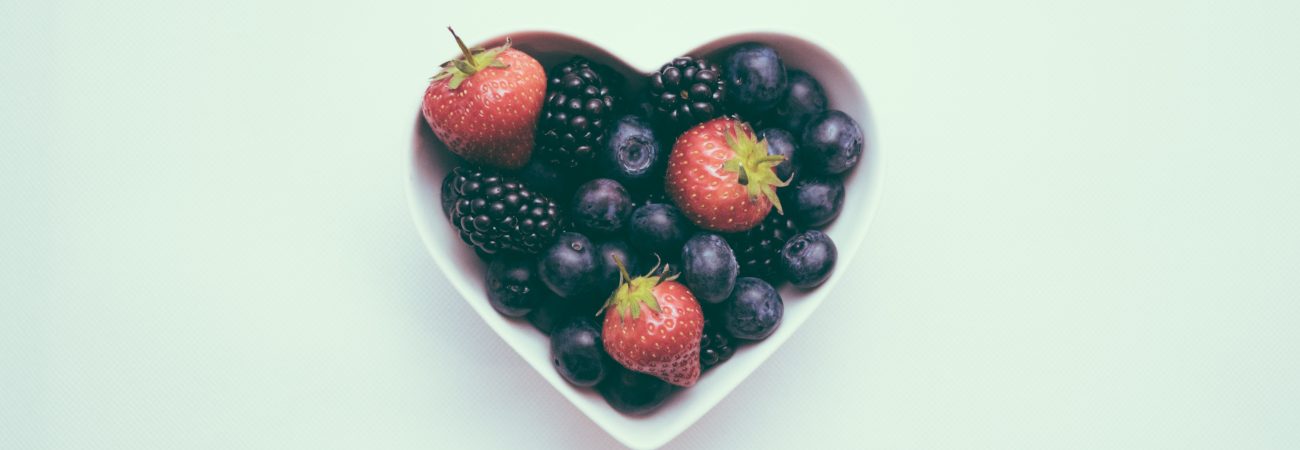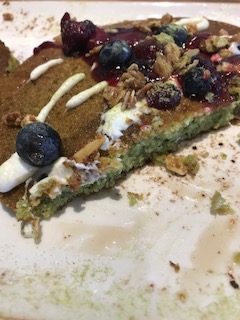I love food and I love trying new things. When I was out to breakfast this week, one of the spring specials was matcha multigrain pancakes.
Matcha means “powdered tea”. When you order traditional green tea, components from the leaves get infused into the hot water, then the leaves are discarded. With matcha, you are drinking the actual leaves.
Unlike green tea, matcha preparation involves covering the tea plants with shade cloths before they’re harvested. This triggers the growth of leaves with better flavor and texture. The leaves are then dried and aged in cold storage, which deepens the flavor. The dried leaves are stone-ground into a fine powder.
Because matcha is made from high-quality tea, and the whole leaves are ingested, it’s a more potent source of nutrients than steeped green tea. In addition to providing small amounts of vitamins and minerals, matcha is rich in antioxidants called polyphenols, which have been tied to protection against heart disease and cancer, as well as better blood sugar regulation, blood pressure reduction, and anti-aging (yes!). Bring on the matcha, baby!
On the downside, because you are consuming whole leaves in matcha, you may get three times the caffeine than a cup of steeped tea, about the same amount in a cup of brewed coffee. Matcha aficionados say that compared to the caffeine buzz from coffee, matcha creates an “alert calm” due to a natural substance it contains called l-theanine, which induces relaxation without drowsiness. Just to be safe, however, it is best to not consume matcha at least six hours before bedtime.
Matcha is hot with chefs right now, not just as a beverage, but as an ingredient in both sweet and savory dishes, i.e. the green pancakes I had for breakfast this week.
They were actually really delicious; topped with Greek vanilla yogurt, granola, fresh blueberries and house-made warm berry compote. These, along with a hot mug of coffee with creamy cream, was a delightful breakfast indeed.
Matcha is often associated with meditation, which is likely one reason it is becoming so popular, as meditation is becoming more mainstream. Meditation often has a negative connotation. It is misunderstood.
Meditation is a means of quiet calming, for letting go of biases and seeing what is, openly and clearly. It is a way of training the mind so that you are not distracted and caught up in its endless churning.
For those of us who seek God’s heart (and really, don’t all of us, in some way?), it is simply a path to declutter our thinking and focus on what God desires for every one of us – peace, trust, freedom.
The truth is, if preparing and sipping matcha tea becomes a way for you to slow down and be in the moment, the benefits will most likely far exceed the antioxidants it provides because meditation has its rewards. It has been shown to reduce cortisol, a stress hormone, lower inflammation, curb impulsive eating, lower blood pressure and boost self-esteem.
Personally, I recommend the green pancakes. They most certainly decreased my stress level and boosted my self-esteem, if only for the moment.

